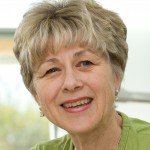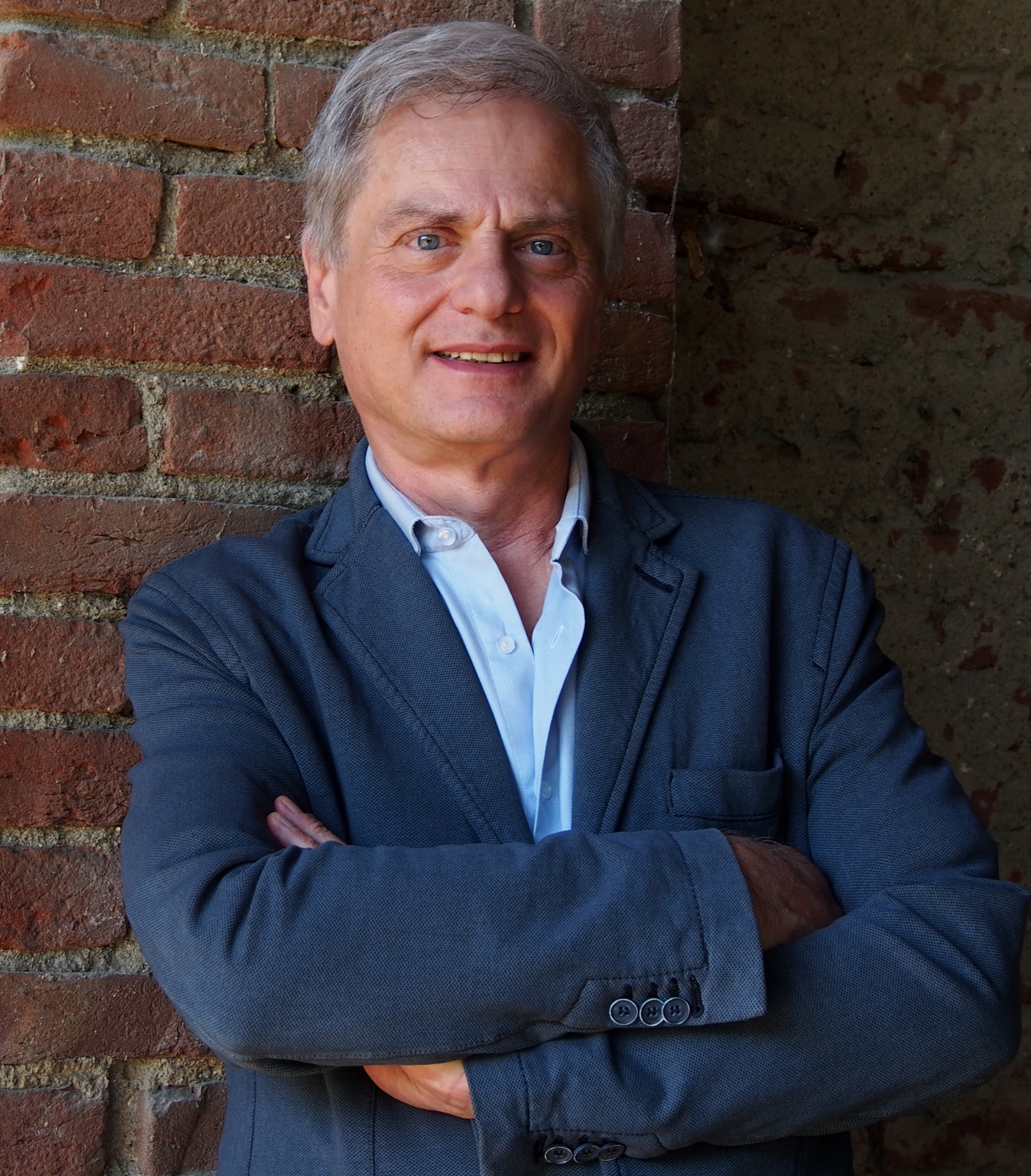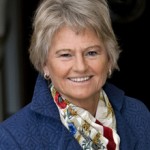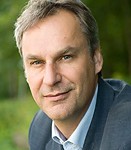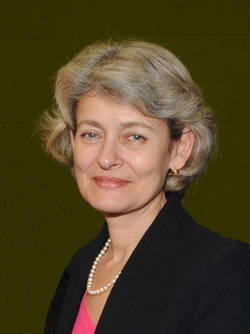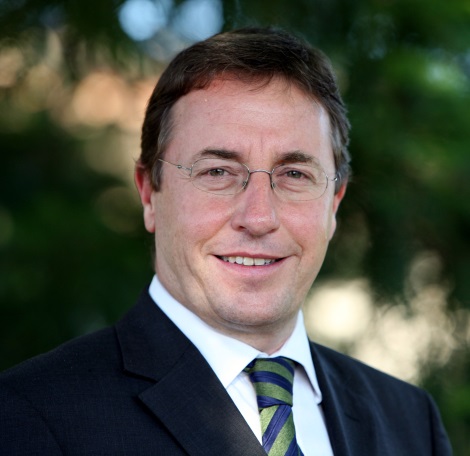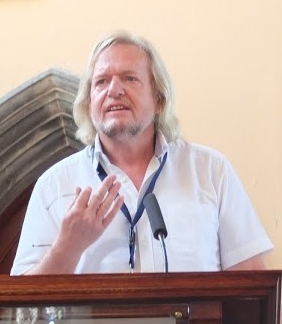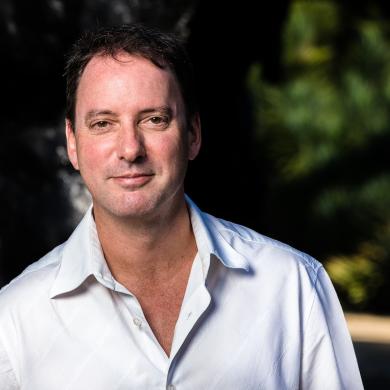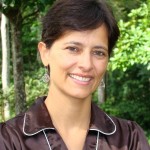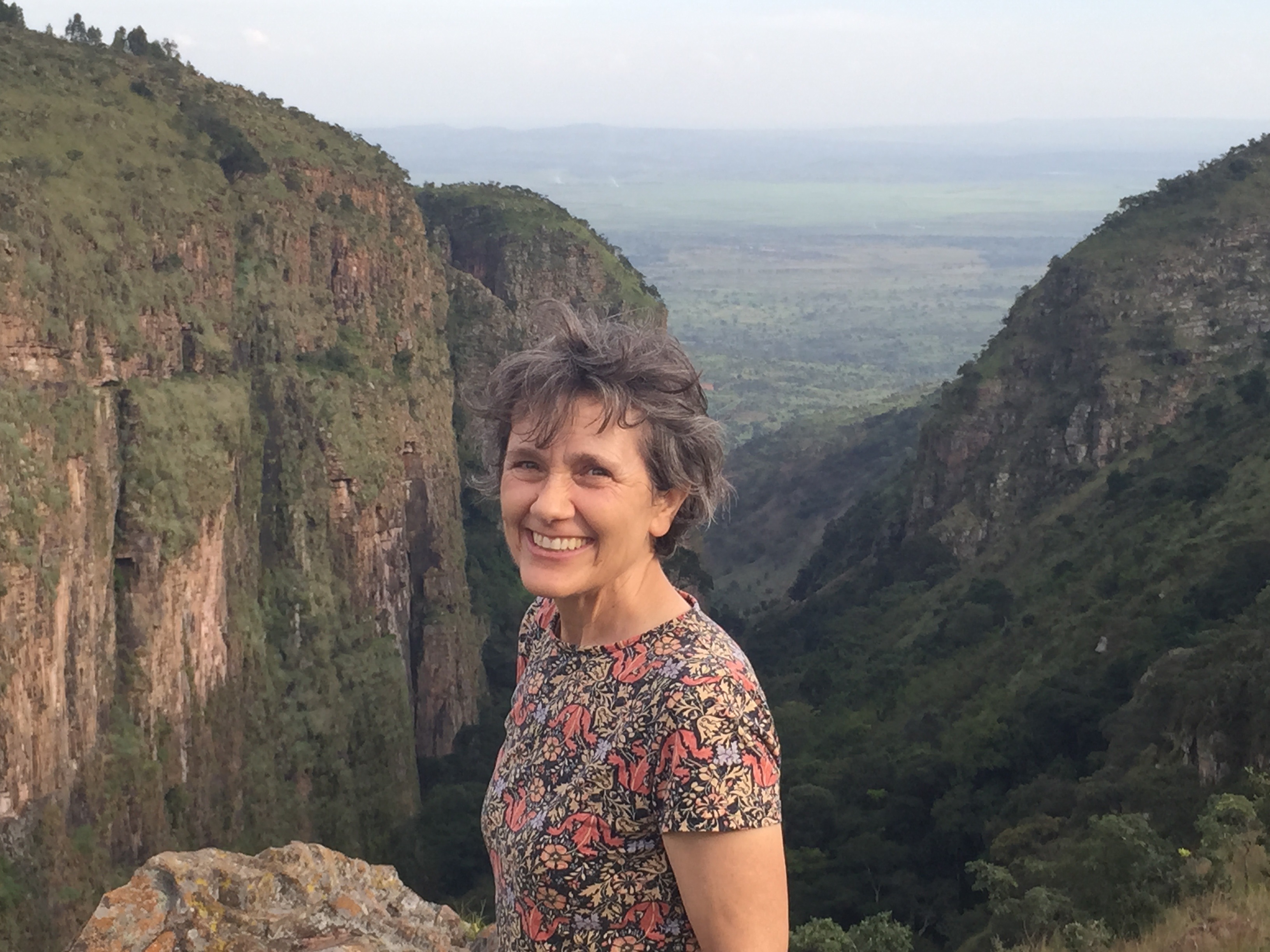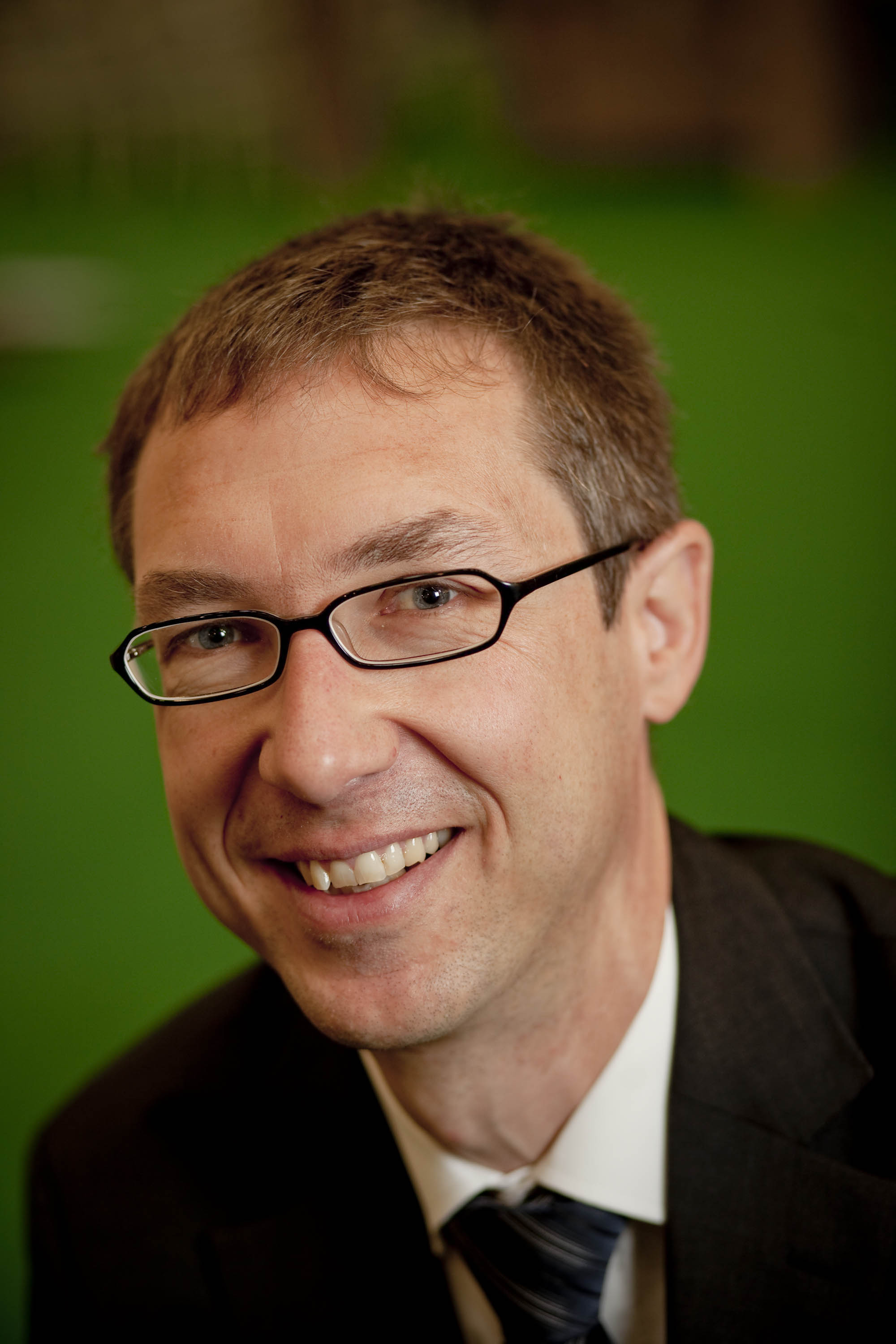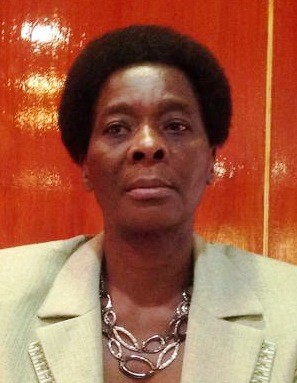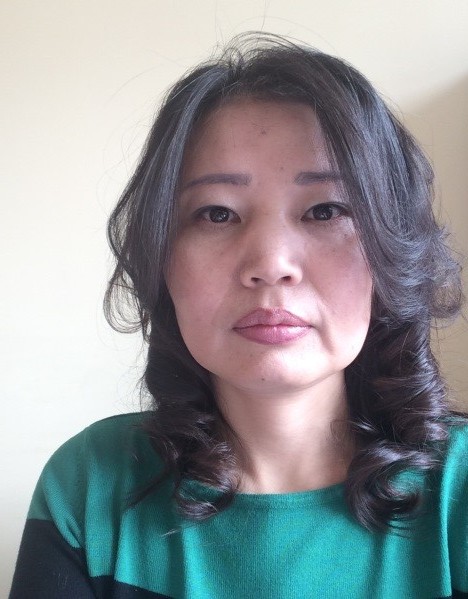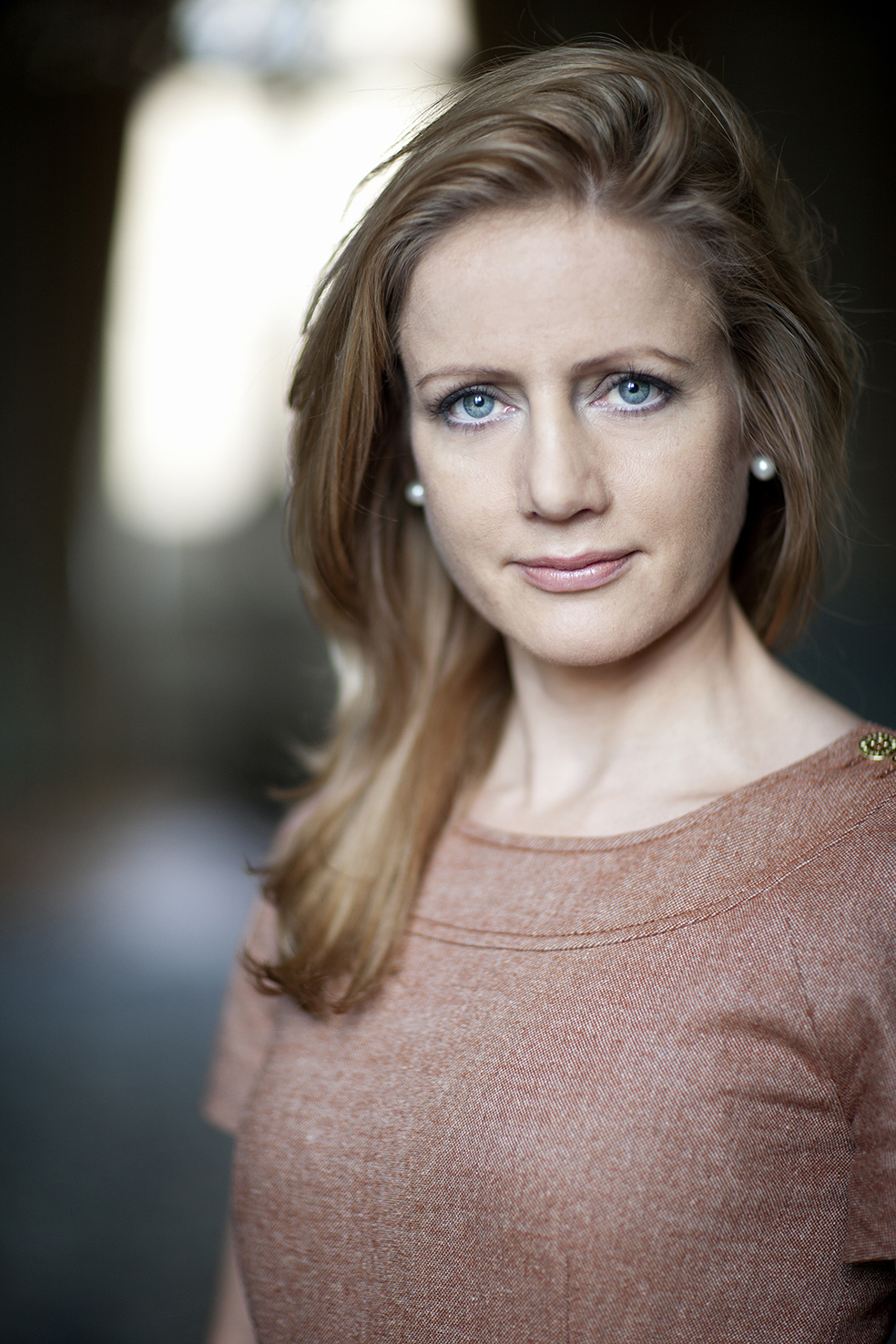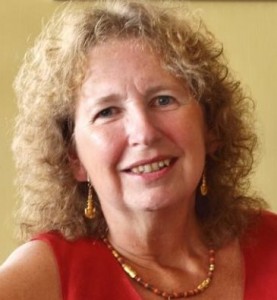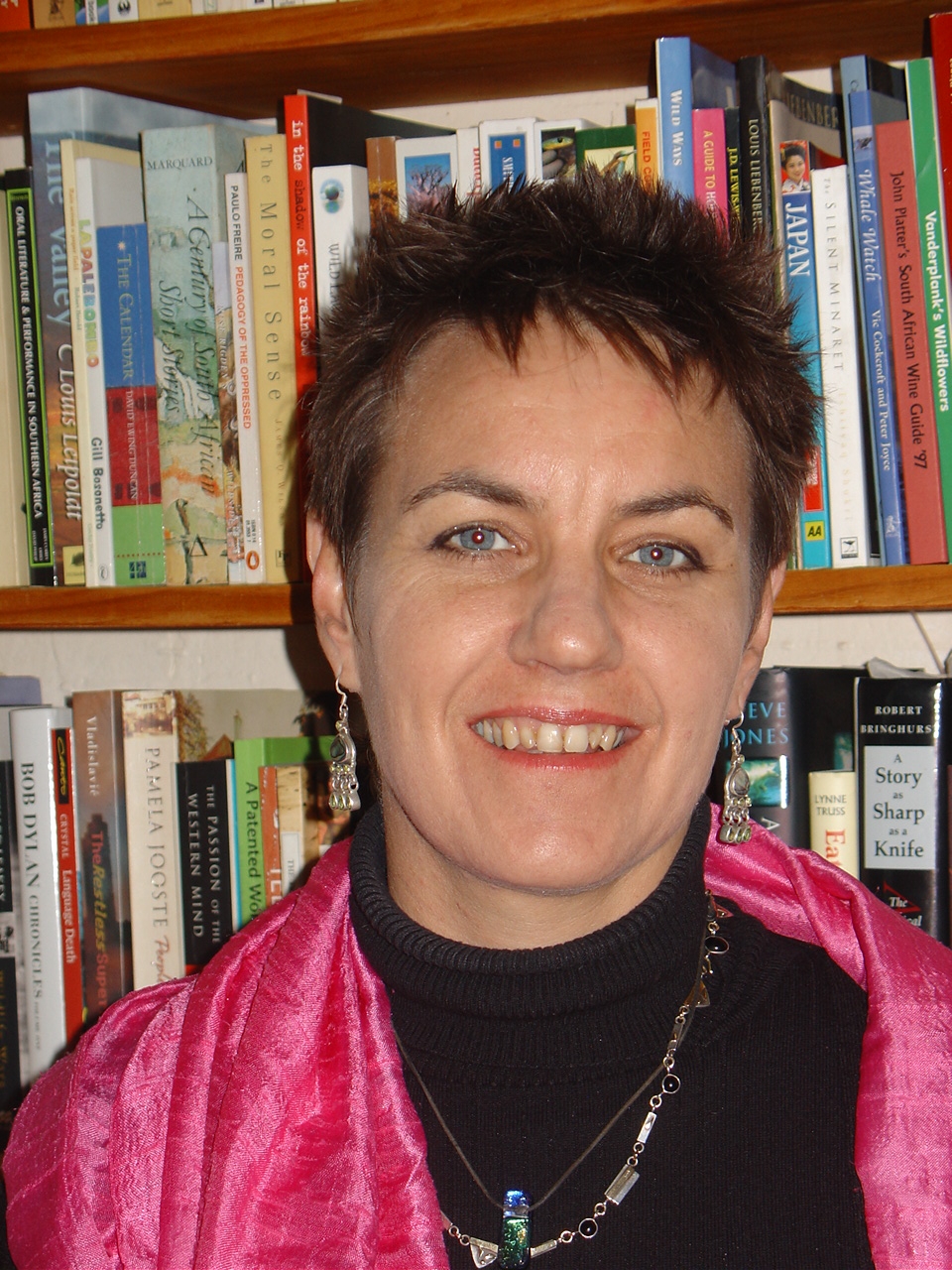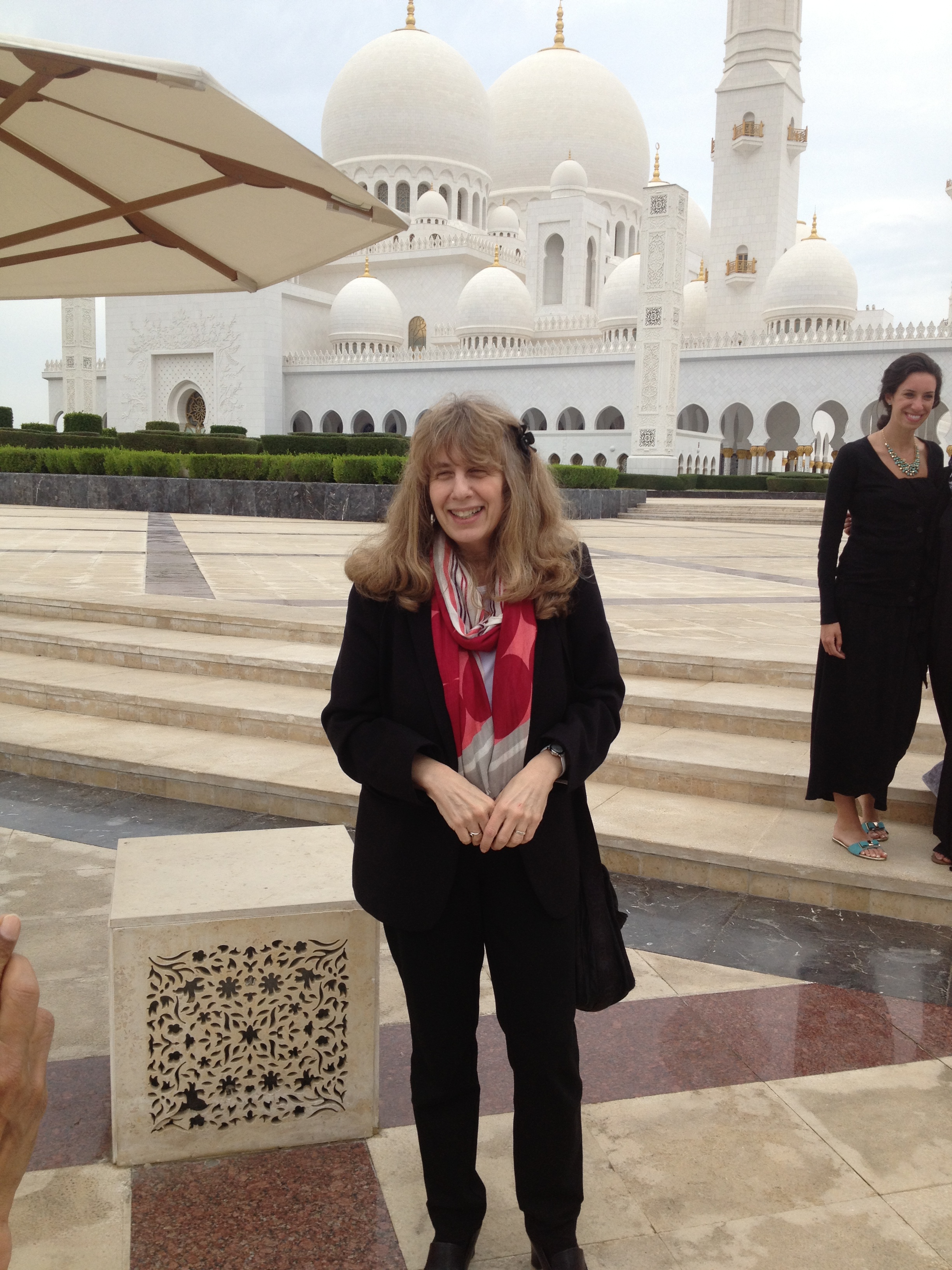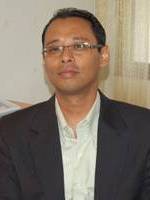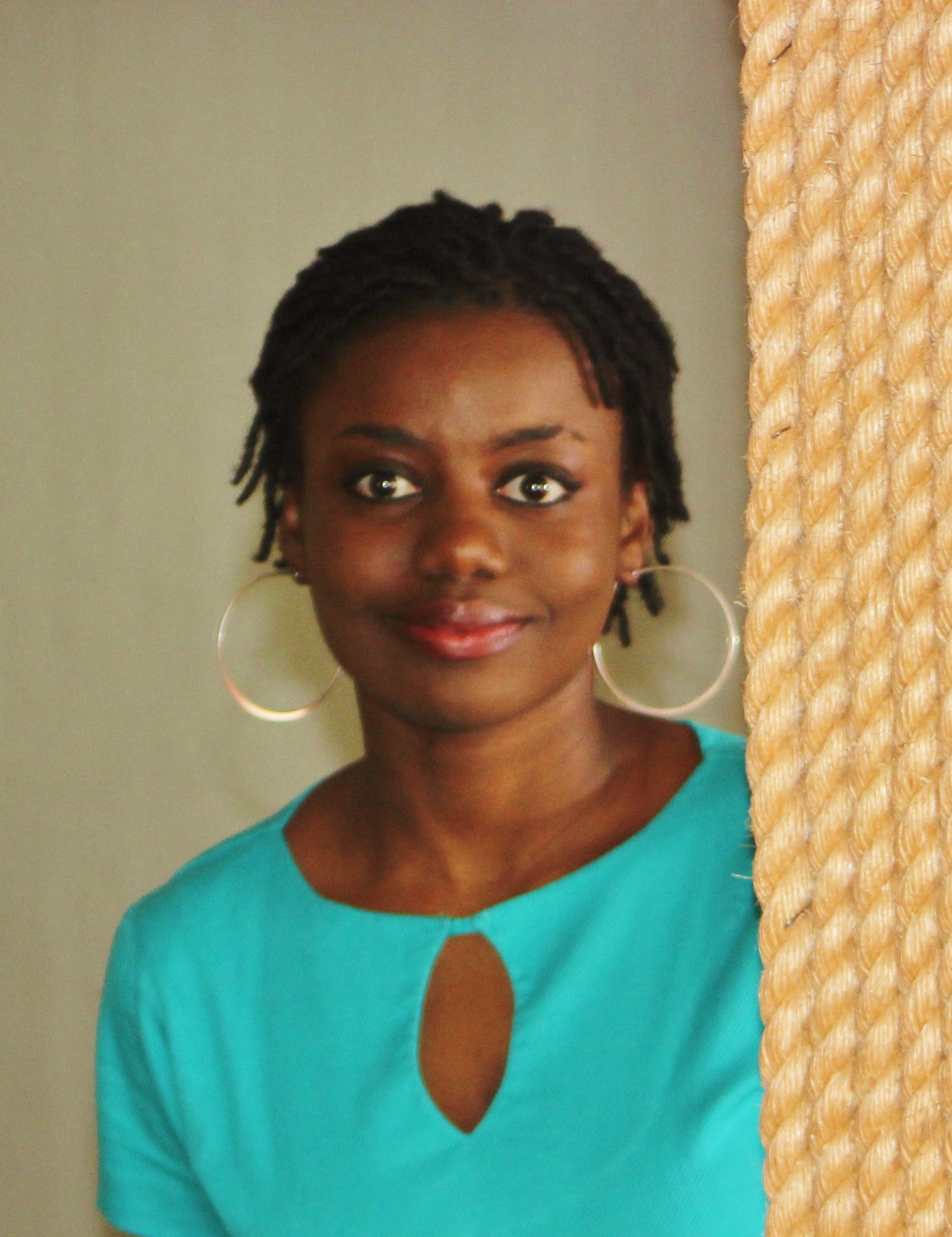Ingrid Pramling Samuelsson is Chair of the National Scientific Committee. She is professor in Early Childhood Education, and holds an UNESCO chair in ECE and Sustainable Development. She is the immediate past world president of OMEP (Organisation Mondiale pour l’Education Presolare). Her main research area is young children’s learning and well as conditions for learning in early years.
Mario Salomone is the Secretary-General of the WEEC Permanet Secretariat. He is an environmental sociologist teaching at University of Bergamo (Italy), president of the Italian Federation of Environmental Media (FIMA), editor of the Italian monthly review “.eco” and editor of the international scientific journal “Culture della sostenibilità” (“Cultures of Sustainability”). The journal publishes peer reviewed papers in Italian, English, French, Portuguese, and Spanish. Moreover, Mario Salomone is member of the Board of ‘Aurelio Peccei Foundation’ (Italian section of Club of Rome) and throughout the United Nations Decade of Education for Sustainable Development has been member of the Italian UNESCO Scientific Committee. Its research interests include topics as environmental/sustainability education, environmental communication, green economy, patterns of sustainable consumption and production, social and cooperative economy.
Pam Fredman is the Vice-chancellor of University of Gothenburg, Sweden, since September 2006. She is the head of the University and its principal representative. She is a Professor of Neurochemistry with a degree in Chemical Engineering at Chalmers University of Technology. She has held several leading positions within the University, for example as Dean of the Sahlgrenska Academy. Pam Fredman is also an active participant in several national and European University networks. Her assignments include: Chairman of the Association of Swedish Higher Education (SUHF), Chair of the Nordic University Association (NUS), Council Member of the European University Association (EAU), Member of the EUA’s Research Policy Working Group, First Vice President for the International Association of Universities (IAU) and Board Member of the Swedish Agency for Government Employers. Fredman has also been Chairman of the Principals Council of the Knut and Alice Wallenberg Foundation. Over the years, she has been active in a large number of scientific and scholary contexts such as Chair of the European Society of Neurochemistry and member of the Royal Swedish Academy of Engineering Sciences.
John Holmberg is the Vice President of Chalmers University of Technology in Gothenburg, Sweden, and responsible for sustainable development. He is a Professor of Physical Resource Theory and his main research interests are sustainable con sumption, energy efficiency, industrial ecology, decoupling, back-casting, principles and indicators for sustainability and education for sustainable development. John Holmberg also holds Sweden’s first UNESCO Chair in Education for Sustainable Development. He is a member of the board of Swentec, Swedish Environmental Technology Council since 2008, member of UNESCO expert panel for the UN decade for education for sustainable development since 2006, member of the editorial board to the international journal of Industrial Ecology since 2005, member of European Commissions expert panel for eco-innovations in EU, 2006-2008. During 2004 and 2005 he worked for both for the Swedish and the UK Ministry of Environment on sustainable construction and energy efficiency. 2003 he co-authored a report on decoupling to the Swedish environmental advisory board, which he presented at WSSD in Johannesburg, and a report on technology and policy for sustainable development which was prepared for the European Commission on a request from the Environment Commissioner Margot Wallström to serve as a background for a Commission report to the EU Summit in Barcelona.
Irina Bokova, born on 12 July 1952 in Sofia (Bulgaria) has been the Director-General of UNESCO since 15 November 2009, and was successfully reelected for a second term in 2013. She is the first woman and the first Eastern European to lead the Organization. As Director-General of UNESCO, Irina Bokova is actively engaged in international efforts to advance gender equality, quality education for all, and combat terrorist financing by preventing the illicit traffic of cultural goods. A leading champion in the fight against racism and anti-Semitism, Bokova has spearheaded UNESCO’s activities on Holocaust remembrance and awareness and is the first Director-General of the Organization to appoint a Special Envoy for Holocaust Education. She is a leading advocate for ensuring quality education for all and has championed gender equality, making this her own personal priority for the Organization. Other fields of action include enabling scientific cooperation for sustainable development, such as early warning systems for tsunamis or trans-boundary water management agreements and global advocacy for the safety of journalists and freedom of expression.
Irina Bokova will deliver a video message to the WEEC2015 delegates.
Achim Steiner is the Executive Director of the United Nations Environment Programme since 2006. From March 2009 to May 2011, he was also Director-General of the United Nations Office at Nairobi (UNON). Before joining UNEP, Mr. Steiner served as Director General of the International Union for Conservation of Nature (IUCN) from 2001 to 2006, and prior to that as Secretary General of the World Commission on Dams. His professional career has included assignments with governmental, non-governmental and international organizations in different parts of the world including India, Pakistan, Germany, Zimbabwe, USA, Vietnam, South Africa, Switzerland and Kenya. He worked both at grassroots level as well as at the highest levels of international policy-making to address the interface between environmental sustainability, social equity and economic development. Mr. Steiner serves on a number of advisory councils and boards including as the International Vice Chair of the China Council for International Cooperation on Environment and Development (CCICED). His work has been recognized for a number of awards such as the Tallberg Foundation’s Award for Principled Pragmatism and the Steiger Award for “commitment and important work in the protection of the planet”. In 2009 His Serene Highness, Prince Albert of Monaco conferred upon Mr. Steiner the decoration of Officer of the Order of Saint Charles. Mr. Steiner, a German and Brazilian national, was born in Brazil in 1961. His educational background includes a BA from the University of Oxford as well as an MA from the University of London with specialization in development economics and policy. He also studied at the German Development Institute in Berlin as well as the Harvard Business School.
Achim Steiner will deliver a video message to the WEEC2015 delegates.
Arjen Wals is a Professor of Social Learning and Sustainable Development. He also is a UNESCO Chair in the same field and has an Adjunct position at the Department of Natural Resources of Cornell University (2011-2016). Since January 1st 2013 he has been appointed as the Director of Wageningen University’s Center for Sustainable Development and Food Security (www.wageningenur.nl/csdfs). Wals is currently a guest professor at the University of Gothenburg. His research focuses on learning processes that contribute to a more sustainable world. Wals obtained his PhD in 1991 with a Fulbright fellowship at the University of Michigan in Ann Arbor. His dissertation tackled the interface of environmental psychology and environmental education. His recent work focuses on transformative social learning in vital coalitions of multiple stakeholders at the interface of science and society. A central question in his work is how to create conditions that support new forms of learning that take full advantage of the diversity, creativity and resourcefulness that is all around us, but so far remains largely untapped in our search for a world that is more sustainable than the one currently in prospect. Wals has written over 200 articles and chapters in books and has given keynotes on topics like community problem-solving, biodiversity education, sustainability in higher education, transdisciplinary research and social learning and system transformation. He is the co-editor of the AERA/Routledge International Handbook of Research on Environmental Education. Wals is a co-founder of Caretakers of the Environment/International and a recipient of the environmental education research award of the North American Association for Environmental Education, and former president of the Special Interest Group on Environmental & Ecological Education of the AERA.
John Siraj-Blatvhford is an Honorary Professor at the University of Plymouth and a visiting scholar at the National Chung Hsing University in Taiwan. He also works as an independent educational researcher and consultant. He was previously employed at the University of Cambridge Faculty of Education and served as an Associate Director of the ESRC Teaching and Learning Research Programme. He has been engaged in a number of international studies, and is a founder member of OMEP Kenya. His current work includes a Global Partnership in Education (GPE) review of ‘affordable quality’ pre-primary provisions in Sub-Sahara Africa funded by the German Federal Enterprise for International Cooperation (GIZ). He was recently commissioned by UNESCO to co-author an ECCE review of the UNESCO Decade for Education for Sustainable Development, and he chairs the ECCE for Sustainable Development workshop at the 2014 UNESCO ‘End of Decade’ Conference in Nagoya, Japan. His publications include: Education for Sustainable Development in the Early Years (OMEP) and Developing a Research Programme for Education for Sustainable Development in Early Childhood (Springer Books) which will be available later this year.
Pete Milne has over 20 years’ experience as a teacher, working mainly in upper primary in the UK, Malaysia, Australia and Dubai. Since arriving in Dubai in 2005 he has developed and run a number of local and overseas field trips to enhance appreciation of the environment, linking key learning concepts to environmentally focused activities and has pioneered the dedicated role of Environmental Education Coordinator in UAE. In April 2012, under his tenure, Raffles World Academy achieved the Eco-Schools “Green Flag”, one of the first schools to achieve this prestigious international award in the Middle East. Since September 2012, Pete has been working as a Freelance Environmental Education Consultant/ Trainer where Clients have included inter alia EWS-WWF, Dubai World Trade Centre, Bee’ah Waste Management Partner as well as over 30 schools in Dubai, Abu Dhabi and Sharjah. He has been a partner for 3 KHDA (Knowledge and Human Development Authority, Dubai) What Works Forums on Well Being, Entrepreneurship and Science and created a dedicated programme and advisory service called Target Green, to develop greater environmental awareness. Pete has designed and conducted Nature Lovers, launched in February 2015, which has already brought early environmental awareness and appreciation of nature to hundreds of 3-5 year olds in over 20 schools. In May 2015 he is the consultant for and co-organizer at the Regional Programme Initiative: Children’s Environmental Rights Seminar in Jakarta. Created by him, Pete is currently working with the initiative Green Wave to Paris to mobilize those who stand to gain (or lose) the most from climate negotiations on the road to COP21 in Paris: the youth.
Mirian Vilela is the Executive Director of the Earth Charter International Center on Education for Sustainable Development at the University for Peace and is the coordinator of the UNESCO Chair on Education for Sustainable Development with the Earth Charter. Since 2005 she has been teaching courses on Sustainable Development, Education for Sustainable Development and Environmental Governance at the University for Peace. Mirian has been working in the field of sustainability since 1990, when she worked for the United Nations Conference on Environment and Development (UNCED) in preparation to the 1992 UN Earth Summit. Prior to that she worked for the United Nations Conference on Trade and Development (UNCTAD). Over the years her work involved leading numerous international workshops, seminars and courses especially in the field of values and principles for sustainability. She holds a Master’s Degree in Public Administration from the Harvard Kennedy School of Government, where she was an Edward Mason Fellow. She has a B.Sc. with focus on International Trade and is currently working on a Doctorate on Education focusing her research on education for sustainability with the Earth Charter.
Marianne Krasny
Marianne Krasny is professor in the Department of Natural Resources and Director of the Civic Ecology Lab at Cornell University. She works with community-based organizations to examine how and why people care for nature and community in cities. Dr. Krasny also directs EPA’s national environmental education training program (EECapacity), through which she leads efforts to transform environmental learning in an increasingly urban society facing the challenges of climate change. Edited books include: Trading Zones in Environmental Education: Creating Transdisciplinary Dialogue (with J Dillon), Resilience in Social-Ecological Systems: the Role of Learning and Education (with C Lundholm and R Plummer), and Greening in the Red Zone (with KG Tidball). Her most recent book is Civic Ecology: Adaptation and Transformation from the Ground Up (ME Krasny and KG Tidball, MIT Press). She teaches numerous online courses, including an edX MOOC (Massive Open Online Course) Reclaiming Broken Places: Introduction to Civic Ecology,and is leading an international effort to teach an online course focusing on the interaction of environmental education with environmental governance, environmental psychology, environmental sociology, and environmental management. Dr. Krasny is a 2015 Public Voices Fellow with The Op-Ed Project and blogs for the Huffington Post, NOVA, and The Nature of Cities. She enjoys helping to steward the Cornell campus gorges through Friends of the Gorge, the civic ecology group she founded with Cornell students.
Alexander Leicht is Chief of the Section of Education for Sustainable Development, UNESCO, Paris. Before joining UNESCO in 2011, he was Head of the German Secretariat for the UN Decade of Education for Sustainable Development at the German Commission for UNESCO in Bonn since 2004, where he also led the organizing team for the preparations of the UNESCO World Conference on Education for Sustainable Development in 2009. He also worked three years as a university teacher in Hungary and the United Kingdom and was originally trained as a teacher, with a graduate degree in literature, at the University of Marburg, Germany, and at the University of Massachusetts at Amherst, USA. He holds a PhD in American Studies from the University of Nottingham, United Kingdom. As Chief of the Section of Education for Sustainable Development (ESD) at UNESCO, his current priorities include coordinating the follow-up to the UNESCO World Conference on ESD in 2014, where the Global Action Programme on ESD was launched as the successor framework to the UN Decade of ESD.
Zinaida Fadeeva
Dr. and Senior Specialist, Strategy and Policy for the ESD Programme United Nations University Institute for the Advanced Study of Sustainability (UNU-IAS)
Permanent Secretary, Ministry of Primary and Secondary Education, Zimbabwe. Dr. Utete-Masango is Zimbabwean. She is the Permanent Secretary of the Ministry of Primary and Secondary Education. Preceding that, she was Permanent Secretary of the Ministry of Gender and Women Affairs. She is a holder of a Doctorate Degree in Occupational Psychology from the University of Stellenbosch (South Africa); a Master of Arts (MA) Degree from the University of British Columbia (Canada). Her expertise include, Public Administration, Technical/Vocational Education, Occupational Assessment, Research and Program Evaluation among others.
Senior officer, Ministry of Environment, Green Development and Tourism of Mongolia. Ms. URANCHIMEG Tserendorj holds a master degree of science in biology. At present she works as a senior officer at the Ministry of Environment, Green Development and Tourism of Mongolia and in charge for planning and ensuring the implementation of policy on natural resources, consistent with green development and environmental protection, in charge of developing international and regional cooperation on environmental issues such as climate change and green development issues, environmental education, and coordination of international and national initiatives and networks. Member of a Project Steering Committee of “Education for Sustainable Development” project, funded by the Swiss Development Agency and implemented jointly with the Ministry of Environment, Green Development and Tourism, the Ministry of Education, Culture and Science of Mongolia. Ms. Ts. Uranchimeg, while working as a biology teacher at the Environmental Education Center of the National University of Mongolia, held a position of coordinator of “Globe program in Mongolia”. Moreover, she has taught TV lessons for children, which were designed in close cooperation with the Division of Ecological Education of the Mongolian National Broadcasting company. Also, she was working as an advisor to “Nomadic Nature Conservancy” NGO and have collaborated with “Denver Zoo” US based NGO. She has a considerable experience of methodology for conducting such kind of activities for teachers and community leaders as well as children.
Dr. Svensson is a diplomat by training and has been in the diplomatic service since 2002, posted in New York, Washington D.C. and Brussels. As the Swedish Government’s Ambassador for Oceans, Seas and Fresh Water, Lisa Emelia Svensson is advising the Minister for the Environment on a broad spectrum of marine and ocean affairs. As the Ambassador for Ocean, Dr Svensson works as an interagency function with Government offices in Sweden, enabling a consistent international ocean agenda supporting ocean health. Earlier appointments include Ambassador for Corporate Social Responsibility. In this capacity she contributed to the Government of Sweden’s efforts to further public-private engagement, developing an innovative platform for the Government’s work with companies and other relevant stakeholders for Global Partnership on sustainable development. Dr. Svensson had been Sweden’s National Expert of Sustainable Development working in the European Commission, DG Trade, where she was the lead negotiator for the sustainable development chapters in the EU Free Trade Agreements. She holds a PhD in Political Economy, Innovation Policies and Practice. Dr. Svensson has been a Diplomat-in-Residence at the Johns Hopkins University, (SAIS), where she conducted a book “Combating Climate Change”, that offers recommendations on how to move forward and engage governments and business communities alike. She has received fellowships from: Sweden-American Foundation, the Royal Swedish Academy of Engineering Sciences and the Dr. Marcus Wallenberg Foundation.
Victoria Wyszynski Thoresen holds the UNESCO Chair for Education about Sustainable Lifestyles at Hedmark University College in Norway and is Associate Professor of Education as well as director of The Partnership for Education and Research about Responsible Living (previously the Consumer Citizenship Network) which is a partnership of educators and researchers from over 140 institutions in more than 50 countries. Thoresen has specialized in curriculum development, global education, peace education, value-based education, lifelong learning and consumer education. In addition to many years of experience as a teacher and teacher trainer, Thoresen has written articles and textbooks for teacher training and has functioned as an international educational researcher and consultant. Thoresen has been an invited speaker at many conferences on sustainable human development, education and behavior change, citizenship and social responsibility, economic growth and well-being. She has assisted UNESCO, UNEP and the Marrakech Process Task Forces in the creation of policy recommendations and a core curriculum for education for sustainable consumption. Thoresen has been actively involved in the international processes on sustainable development. For a number of years she was chairman of the board of the Norwegian Peace Center.
Professor Heila Lotz-Sisitka is part time Director of Postgraduate Studies at Rhodes University, South Africa. She holds the Murray & Roberts Chair of Environmental Education and Sustainability at Rhodes University where she has served as Director of the Environmental Learning Research Centre for the past 14 years. She contributed actively to the inclusion of environment and sustainability in South Africa’s new post-apartheid education and training system after 1994, and has served on a number of national and curriculum and policy committees including a Ministerial Project Committee on Human Rights. She has served on a number of international scientific committees, including as scientific Chair of the 2007 World Environmental Education Congress and on the scientific committee of the Swedish Graduate School for ESD (PhD school). She has been editor of the Southern African Journal of Environmental Education (SAJEE) since 2003. Professor Lotz-Sisitka has served on UNESCO’s international reference group for the United Nations Decade on Education for Sustainable Development (ESD) as one of two African representatives since 2005, and also serves on UNEP’s Global Universities Partnership for Sustainability Steering Committee. She is a founding member of, and active contributor to, the Mainstreaming Environment and Sustainability in African Universities Programme (MESA), a project of UNEP. She currently co-ordinates a large PhD programme in Environmental Education at Rhodes University and convenes a number of research programmes. Prof Lotz-Sisitka has published widely nationally and internationally. Her research interests include social learning research with a focus on transformative learning and pedagogy in contexts of risk and vulnerability, and participatory, critical research methodologies.
Kartikeya V Sarabhai is Founder Director of the Centre for Environment Education (CEE), Centre of Excellence for Environmental Education of the Ministry of Environment, Forests and Climate Change, Government of India. He is the Chairholder of the UNESCO Chair on Education for Sustainable Development and the Human Habitat established at CEE in collaboration with CEPT University. He was a member of the UNESCO Reference Group for the Decade of Education for Sustainable Development (DESD). He is the Editor-in-chief of the Journal of Education for Sustainable Development, a Sage publication. Mr Sarabhai took the leadership to organize the UNESCO 4th International Conference on Environmental Education (Tbilisi+30) in India in 2007 that led to discussions on efforts of EE in strengthening Education for Sustainable Development. He is the co-chair of the Working Group at the Brookings Institution in developing indicators and measures for Global Citizenship Education. He is also the Co-chair of the Earth Charter International Council. Under his leadership, through Paryavaran Mitra, a nationwide environmental education program, CEE reaches out to about 200,000 schools in India. The Government of India awarded the Padma Shri in 2012, in recognition of his exceptional and distinguished service in the field of Environmental Education.
Judy Braus has been actively involved in national and international environment and education efforts for almost three decades. She is currently the Executive Director of the North American Association for Environmental Education (NAAEE), a non-profit organization dedicated to advancing environmental literacy and civic engagement. Prior to NAAEE, she successfully managed the education and outreach departments at three national and international conservation organizations: the National Audubon Society, World Wildlife Fund, and the National Wildlife Federation. She was also the manager of environmental education programming at the U.S. Peace Corps. She has led many international environmental education projects, facilitated leadership workshops and conferences in dozens of countries, been the chief editor of several successful national publishing efforts focused on environmental education, and published in numerous nationally recognized periodicals and books. Her areas of expertise include environmental education, project management and strategic planning, leadership training and facilitation, conservation planning, writing and publishing, curriculum and web development, fundraising, and evaluation.
Mahesh Pradhan is Chief of UNEP’s Environmental Education and Training Unit (EETU), providing support across UNEP’s seven thematic priorities, namely Climate Change, Ecosystems Management, Disasters and Conflicts, Environmental Governance, Toxic Chemicals and Hazardous Wastes Management, Resource Efficiency, and Environment under Review. EETU is located within the Division of Environmental Policy Implementation (DEPI) at headquarters’ of the United Nations Environment Programme (UNEP) in Nairobi, Kenya. Mahesh primarily oversees UNEP’s engagement with the higher education community, in disseminating UNEP’s knowledge products amongst relevant stakeholders in academia, while also ensuring their involvement in the development of UNEP’s knowledge products and other reports. This is facilitated through the Global Universities Partnership on Environment and Sustainability (GUPES), which aims to promote the integration of environment and sustainability concerns into teaching, research, community engagement, the management of universities including greening of university infrastructure/operations, as well as to enhance student engagement and participation in sustainability activities both within and beyond universities. Currently, over 520 Universities are affiliated with UNEP’s global GUPES network, with strong participation of Universities from developing regions, namely Africa (MESA), Asia-Pacific (RUC-AP), and Latin America and the Carribean.
Oluwafunmilayo Oyatogun is an MSc, Environment and Development student at the University of Edinburgh. In the last few years, she set up Wahamba Development Organization (formerly Bailiff Africa - bailiffafrica.org) to facilitate youth-led agricultural and sustainable development solutions for Nigeria and Africa. The newly established Wahamba will continue the progress made by Bailiff Africa. In the last 2 years, Bailiff Africa facilitated SD workshops and think-tank sessions in Nigeria as well as hosted a progressive online environmental news platform. She is committed to developing an incubator for agricultural and sustainable development innovations in Africa, which will address some of the most pertinent issues facing the continent. Oluwafunmilayo is also Chevening scholar. She is interested in world adventures, underground music and literature.
Ingrid Moum Rieser’s work and studies the last few years have focused on new economics, alternative economics education and student-led education. She works with planning and facilitating courses at the primarily student-run Centre for Environment and Development Studies (CEMUS), located at Uppsala University and the Swedish University of Agricultural Studies, Sweden. She graduated with a BA in Economics from University of Bergen, Norway, and an MA in Economics for Transition from Schumacher College, UK. For her dissertation project she made the documentary “OIKONOMOS: transforming economics education” which tells the story of the growing movement to change the narrow and outdated education of economists (oikonomosthefilm.com). She also works for an artists’ network for sustainability, The Bigger Picture Network (thebiggerpicture.se). Ingrid is particularly interested in processes of transformative learning, and the role of art and creativity in working with global sustainability issues.

